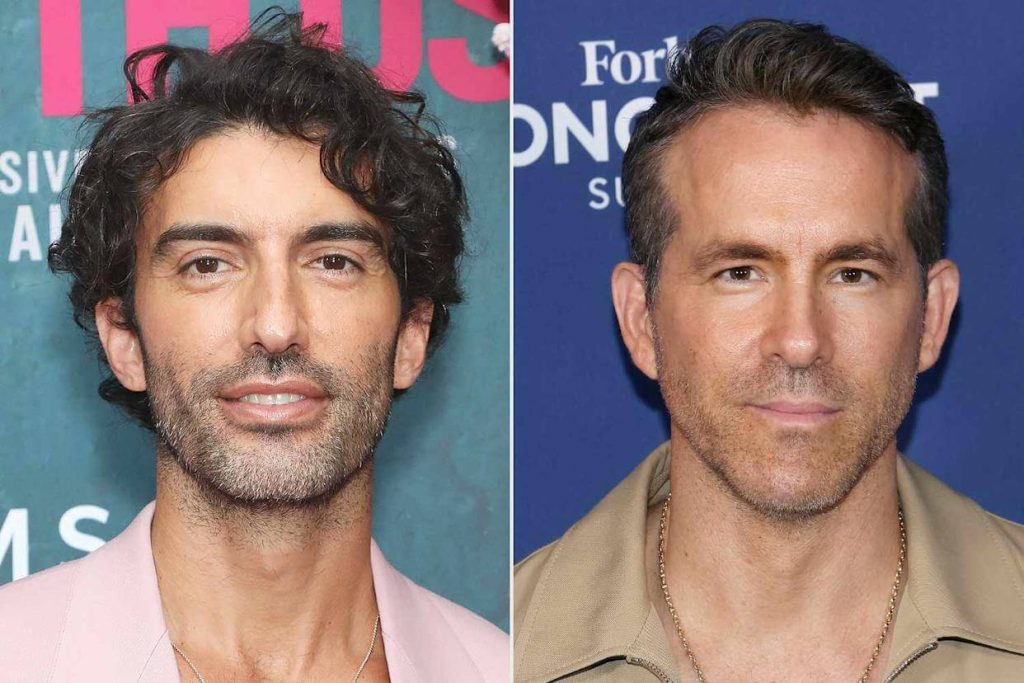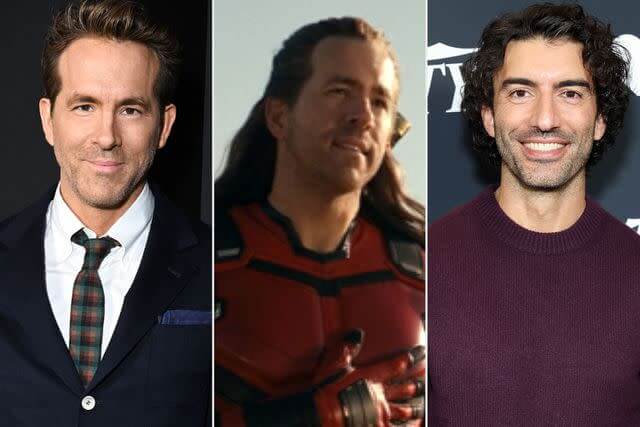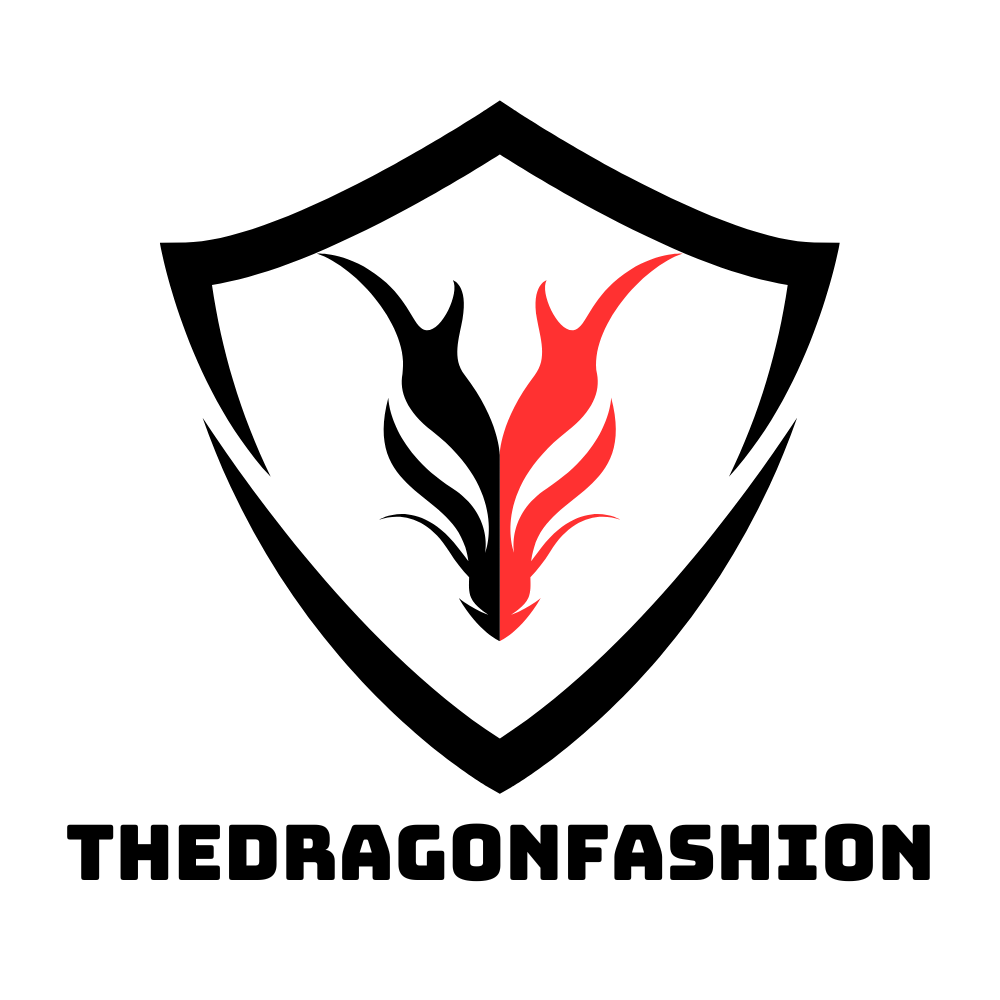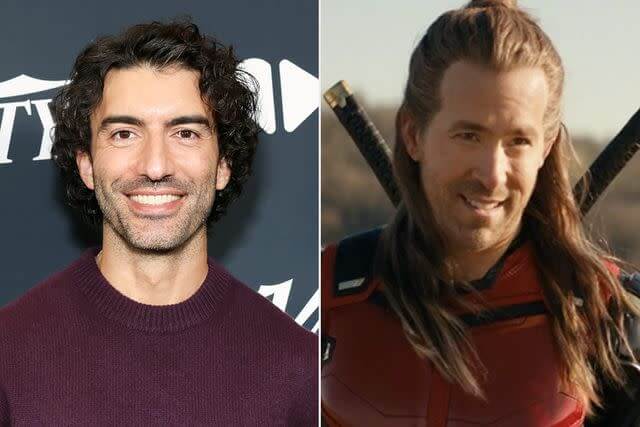World News
Ryan Reynolds vs. Justin Baldoni: Legal Drama, Predator Claims, and the Outrage Over “Nicepool”
The Roots of the Legal Dispute: A Controversial Claim
In a high-profile legal battle, Ryan Reynolds and Justin Baldoni are at the center of a defamation lawsuit that has sparked media attention. The conflict began when Reynolds allegedly called Baldoni “a predator,” a statement that triggered Baldoni to file a defamation claim. However, Reynolds’ legal team has responded by asking for the case to be dismissed, arguing that the remarks, while potentially harsh, fall within the bounds of protected opinion, and that no defamation occurred unless Baldoni can prove Reynolds didn’t believe his statement to be true.
Reynolds’ lawyers argue that the complaint itself suggests that Reynolds genuinely believes Baldoni exhibits behaviors that could justify such a description. They assert that Baldoni’s lawsuit stems from hurt feelings rather than legitimate legal claims, positioning the case as one that centers on an emotional response rather than actionable defamation.

The Nicepool Controversy: A Movie Character Mocking Baldoni’s Public Persona
The crux of the dispute extends beyond the alleged “predator” remark and ties into the portrayal of a character named Nicepool in Deadpool & Wolverine. This character, played by Reynolds, is believed to have mocked Baldoni’s public image. The lawsuit suggests that the inclusion of Nicepool in the film was an intentional jab at Baldoni’s persona. However, Reynolds’ legal team dismisses this, claiming that Baldoni’s reaction is an example of “thin-skinned outrage” and has no legal standing.
The character of Nicepool was introduced as a quirky, irreverent figure in the Deadpool franchise, a role that often pushes boundaries and satirizes various public figures. The defense maintains that Baldoni’s frustration stems from personal offense rather than any direct harm caused by the character’s presence in the film. This dimension of the case reflects broader cultural debates about the intersection of satire, celebrity, and public perceptions.
The Impact of Personal Tensions: Blake Lively’s Role in the Lawsuit
Amid the legal drama, Reynolds’ wife, Blake Lively, has also become a central figure in the broader context of Baldoni’s accusations. Lively has accused Baldoni of sexual harassment and retaliation in private complaints. While Reynolds maintains that his involvement is limited to supporting his wife, this underlying tension adds another layer of complexity to the legal battle.
The filing from Reynolds’ team emphasizes that despite Lively’s ongoing legal disputes with Baldoni and his business associates, Reynolds himself should not be held accountable for the situation. The connection between the personal accusations against Baldoni and the professional fallout in the lawsuit underscores how personal and professional dynamics often collide in Hollywood’s legal battles.

Legal and Public Opinion: Reynolds’ Defense and First Amendment Rights
Reynolds’ legal team leans heavily on First Amendment rights, asserting that the actor’s comments about Baldoni fall under his right to express personal opinions. The defense further clarifies that Reynolds was not making objective, defamatory claims, but rather offering a personal viewpoint that reflects his genuine beliefs. This stance is a critical element in defamation law, where the intent behind a statement and the speaker’s belief in its truth play a pivotal role in determining whether defamation has occurred.
This legal defense underscores a broader societal discussion about the boundaries of free speech, especially for public figures. While Reynolds may have crossed into controversial territory with his remarks, his legal team argues that this case shouldn’t set a precedent for limiting opinions based on personal experiences and perceptions.
Looking Ahead: The Future of the Lawsuit and Hollywood’s Legal Landscape
As the case progresses, it will likely become a touchstone for similar lawsuits in the entertainment industry. The outcome could influence how celebrities navigate personal feuds, public personas, and legal claims related to defamation. For now, both Reynolds and Baldoni seem poised to fight their respective battles, with the lawsuit providing a high-profile glimpse into the complicated intersection of Hollywood fame and legal repercussions.
Whether or not the court sides with Reynolds or Baldoni, the case highlights the challenges faced by celebrities who live under constant public scrutiny, often with personal disputes spilling over into the professional sphere. As Hollywood continues to grapple with such issues, the outcome of this legal clash could shape the future of defamation claims in the entertainment world.
This legal dispute, filled with accusations, public personas, and personal drama, paints a vivid picture of how modern celebrity culture intertwines with the law. With both parties entrenched in their positions, only time will tell how the court will address the complex issues at hand.
From thedragonfashion


